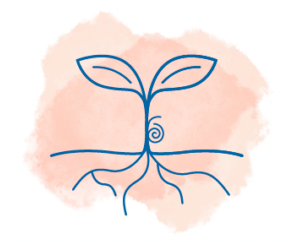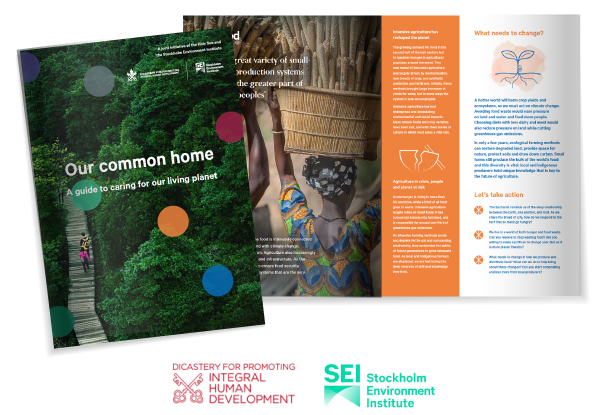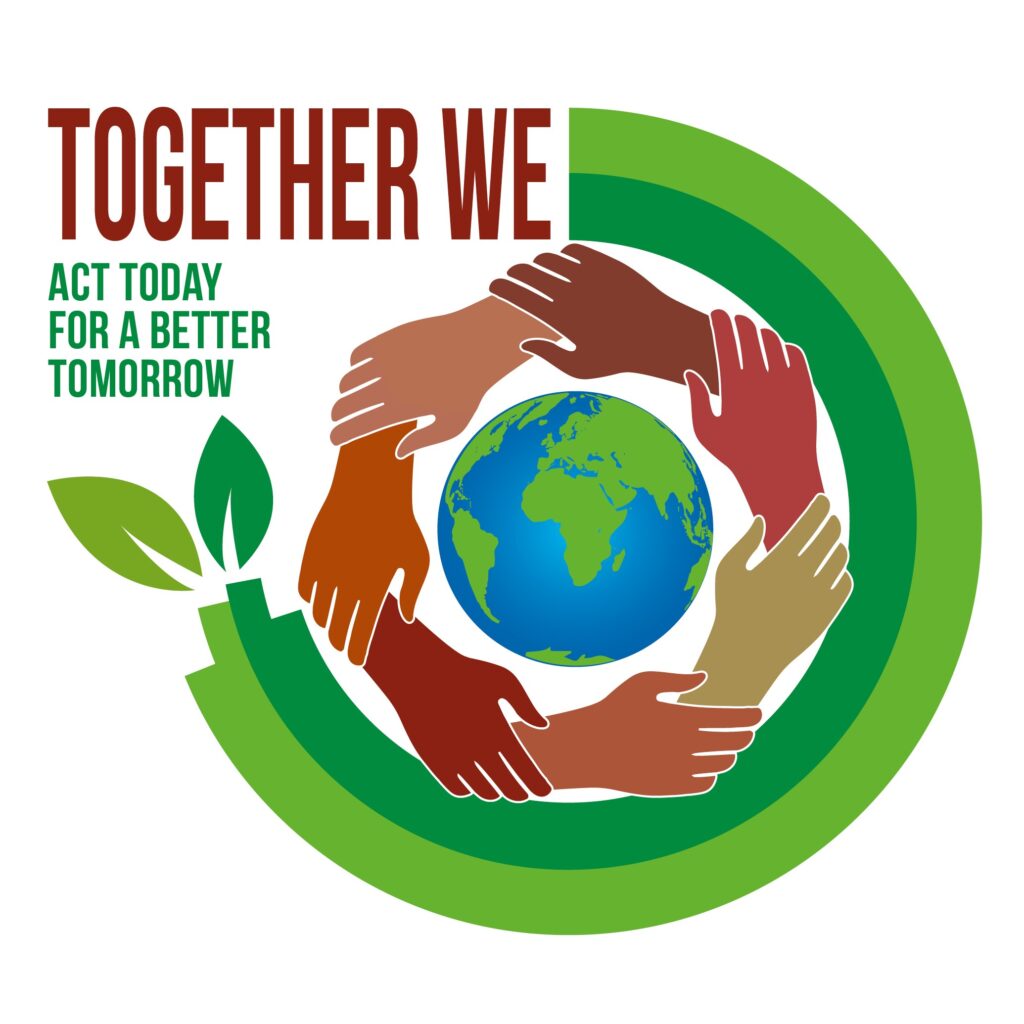“There is a great variety of smallscale food production systems which feed the greater part of the world’s peoples”
The way we produce and consume food is intimately connected with the living world around us, and with climate change, biodiversity, water use and pollution. Agriculture also increasingly provides raw material for industry and infrastructure. As the world population grows, we need to ensure food security for all as well as safeguard the ecosystems that are the very foundation of agriculture.
Building a Community of Care in Zimbabwe to Tackle Poverty, Inequality, and Food Insecurity
In the face of persistent poverty, inequality, and food insecurity, grassroots initiatives have become a vital force for change in many communities around the world. One such initiative is the local “community of care” established by Caritas Bulawayo in Zimbabwe. This innovative approach aims to address multiple challenges by fostering unity, empowerment, and sustainable development. One example of this effort can be found in the community of Sidlokukhona, located in the Matobo region of Zimbabwe, where a transformative garden project has taken root.
Sidlokukhona, like many rural areas in Zimbabwe, has faced significant economic and social challenges.
High unemployment rates and limited access to basic resources have hampered the community’s growth and well-being.
Caritas Bulawayo recognized the need for a comprehensive solution that could simultaneously address these interconnected issues. They envisioned a project that would not only provide employment opportunities but also boost the community’s economic growth and sustain its food needs.
Caritas Bulawayo’s community of care has not only uplifted the community of Sidlokukhona but has also provided a blueprint for tackling poverty, inequality, and food insecurity in other parts of Zimbabwe. By emphasizing collective action, self-sufficiency, and sustainable practices, this initiative fosters a sense of ownership and empowerment among community members. It goes beyond providing immediate relief, as it focuses on building long-term resilience and capacity.
What needs to change?

A hotter world will harm crop yields and ecosystems, so we must act on climate change. Avoiding food waste would ease pressure on land and water and feed more people. Choosing diets with less dairy and meat would also reduce pressure on land while cutting greenhouse gas emissions.
In only a few years, ecological farming methods can restore degraded land, provide space for nature, protect soils and draw down carbon. Small farms still produce the bulk of the world’s food and this diversity is vital: local and indigenous producers hold unique knowledge that is key to the future of agriculture.
Let’s take action
The Eucharist reminds us of the deep relationship between the Earth, one another, and God. As we share the Bread of Life, how do we respond to the fact that so many go hungry?
We live in a world of both hunger and food waste. Can you resolve to stop wasting food? Are you willing to make sacrifices to change your diet so it is more planet friendly?
What needs to change in how we produce and distribute food? What can we do to help bring about these changes? Can you start composting and buy more from local producers?
Our Common Home
A guide to caring for our living planet.
A joint initiative of the Holy See and the Stockholm Environment Institute.
Together We
Discover more about “Together We” Caritas Internationalis’ global campaign that strives to foster collaboration and engage communities in addressing worldwide social and humanitarian challenges.


